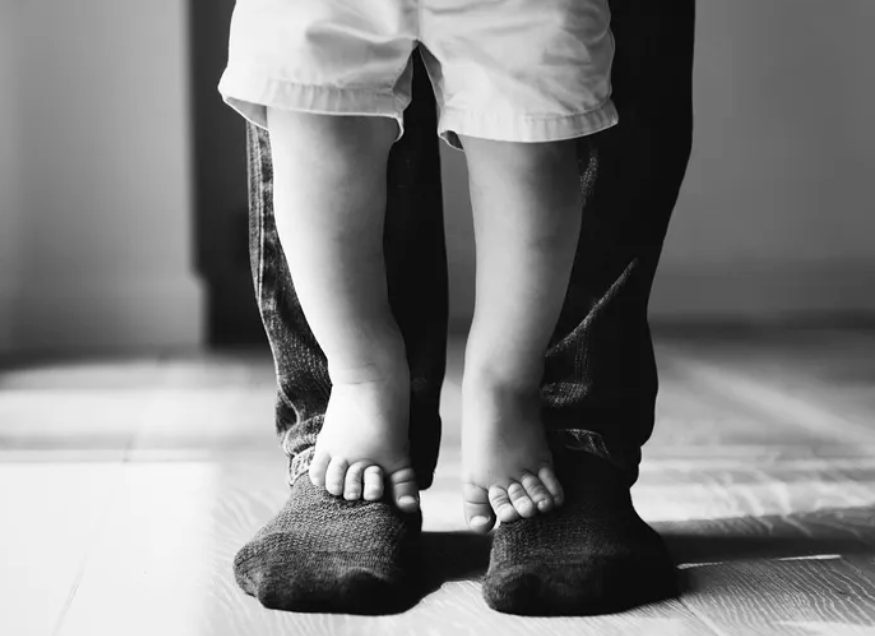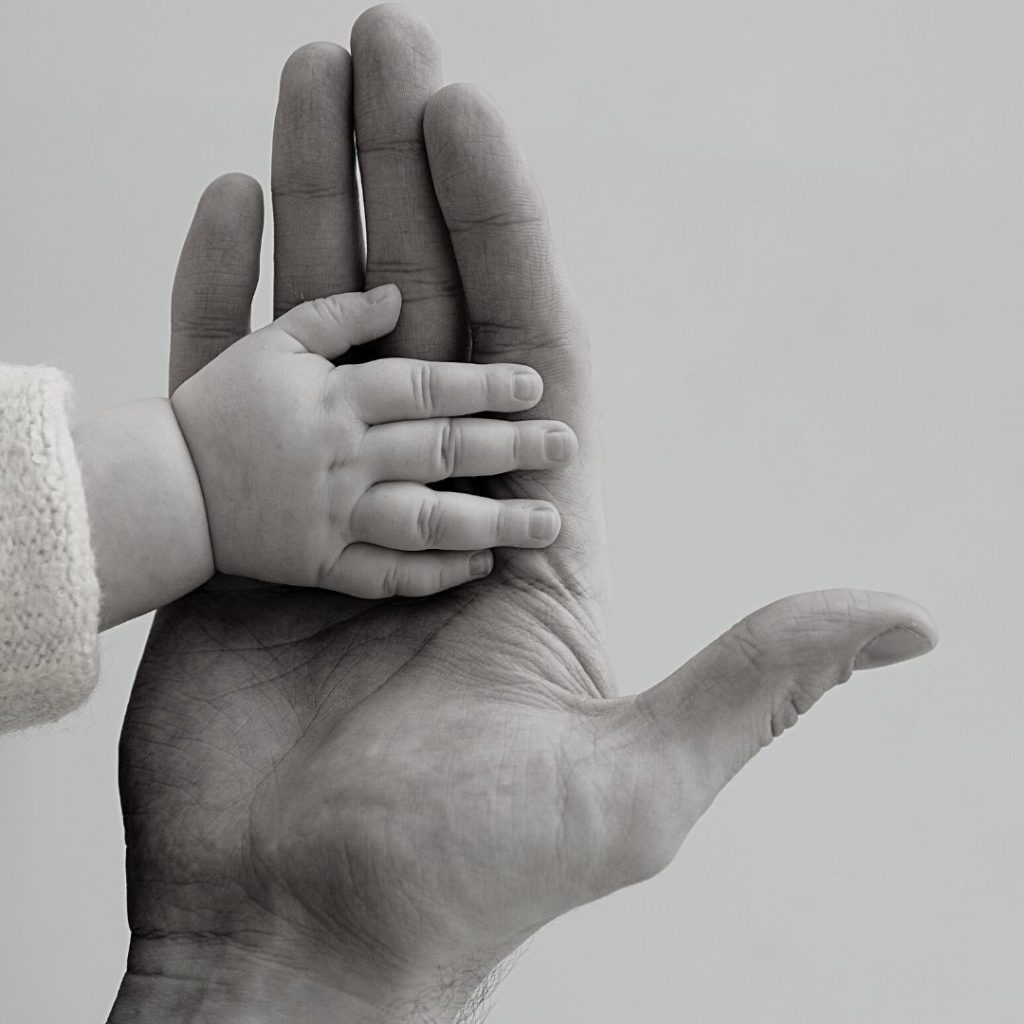My daughter has epilepsy – she started having seizures in her early teens. When the seizures first began, it was initially quite frightening in that we didn’t know what was happening to her; prior to this, she was as healthy as you’d expect a child to be. Another challenge with the first few seizures is that they often happened while she was at school, we didn’t see them, and given a history of cardiac issues and the description of the events, we thought that these ‘episodes’ may have been fainting spells. When we eventually were able to see the episodes ourselves, and saw her present in different ways….rigid limbs when in seizure or even full tonic-clonic seizures.
We weren’t the only ones who were unsure of what was happening to our daughter. Doctors were also originally unsure as the events never occurred in front them, and many tests results came back normal. We were stuck in a cycle of ending up in the hospital emergency department with the episode over, and the attending doctor not knowing what it was – and we heard everything from the episodes being attributed to a simple faint, or even attention-grabbing tactics. It was only after a doctor witnessed my daughter suffering a prolonged episode that was still taking place when she arrived at the hospital that we found out she was having seizures and eventually received a diagnosis of epilepsy. It took our family four very long years to get to the point of diagnosis and treatment. This was all really hard on myself as a dad and on our entire family. Initially, we felt people didn’t believe us. I loved my daughter and wanted these episodes to just go away.

With the extra attention to her issues, we also had to be mindful of how this might impact our two other children; we didn’t want a perception that the extra attention to my daughter made them feel like they were pushed aside.Looking back years later, we know that epilepsy had unique impacts to all three of our children, but we grew stronger together as a family and am proud of how we all found a way to manage epilepsy.
Helping the school system to understand things was also something we placed a strong emphasis on as it felt as though they didn’t know how to really deal with the unpredictability of the seizures. We even experienced an incident with a teacher who outwardly shared that he preferred that my daughter was not in his class. As with anything, education is empowerment, and with the right information on what epilepsy is, how it presents and how to deal with seizures, we were able to ensure academic success for our daughter. Social stigmas and discrimination amongst her peers were an entirely different challenge, but I am so proud of how my daughter handled herself and refused to be labeled by her condition.
When seizures became a regular occurrence, we had to adjust every day life. We made the decision as a family for our daughter to change schools to be closer to home. We had to put measures into place that are not normally needed for a teenager to ensure she was safe in her own home (additional safety measures by the pool, no baths – only showers, no locking doors, no driving, etc.). It took a while, but eventually we adapted and our life as a family changed to a slightly different normal.

As a working Dad, I wasn’t always immediately available when a seizure occurred. Did I feel a bit guilty, yes, but between my wife and I, we were never that far away when a seizure took place. Despite having multiple seizures a week, our daughter lived as “normal” of a teenage life as she could, playing competitive sports, graduating on the honour role, and even moving away for university (which was one of the hardest things for us, but we trusted her and the great friends she lived with away from home).
My daughter didn’t want to have epilepsy but she does. We deal with it. She’s an adult now, has an honours university degree, is thriving in her career, drives everyday and is now a parent! I’m a proud father (and Gramps)!
Having gone through all this over the years, I wish people had known more about epilepsy, particularly the school system and the medical establishment; I’ll also include myself in that group. We had to learn so much so quickly about seizures and epilepsy because it was happening to us real time. We had to act fast to find ways to advocate for and support our daughter, while also understanding the best ways to support our other children and our family dynamic. Even had we not gone through this as a family, I strongly feel it would have been good to have a better understanding of epilepsy so we could react appropriately if someone else was having a seizure.
Epilepsy changed so many things for us. We have been through a lot as a family but feel very lucky that we found our way, our daughter is doing well, and that all of the challenges we faced have made us stronger together.
